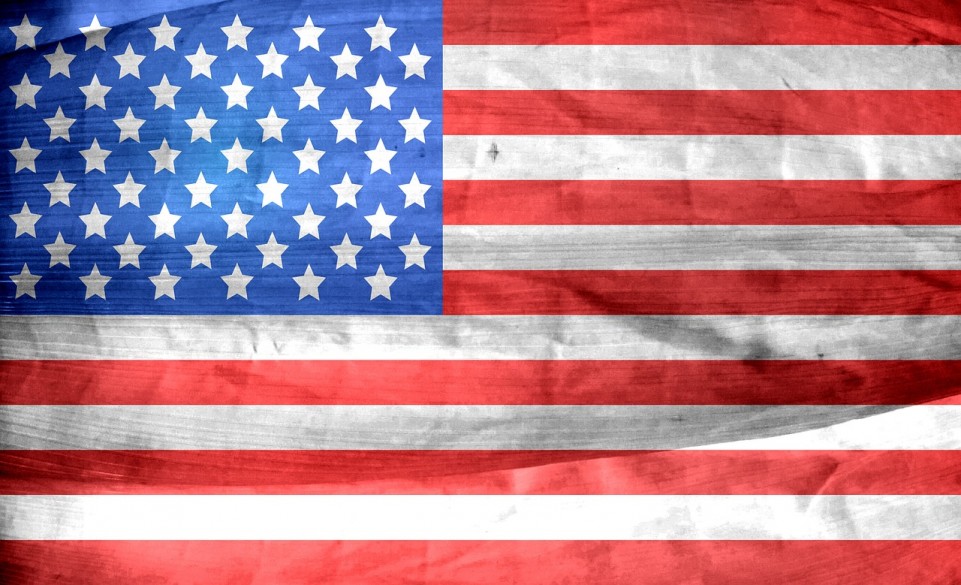A 75-year-old military veteran was acquitted yesterday of illegally hanging an American flag on the fence of a Veterans Affairs facility in West Los Angeles without permission.
The federal misdemeanor count against Robert Rosebrock – longtime military essayist for this newspaper — stems from a VA statute that prohibits the posting of materials or “placards” on a VA property except when authorized by the head of the facility.
Mr. Rosebrock was cited last Memorial Day for allegedly displaying two napkin-sized American flags on a fence adjacent to the “Great Lawn Gate” entrance to the Veterans Park.
He and fellow veterans have been assembling at the site nearly every Sunday and Memorial Day for the past nine years to protest what they believe is the VA’s failure to make full use of the expansive property for the benefit and care of veterans, particularly homeless veterans.
At the conclusion of a bench trial, U.S. Magistrate Judge Steve Kim found Mr. Rosebrock not guilty of the violation, which carries a maximum six-month prison sentence.
The judge concluded that no evidence was presented showing Mr. Rosebrock lacked permission to post the flags or that Mr. Rosebrock had displayed them in the first place.
The U.S. Attorney’s Office declined comment.
Homeless activist Ted Hayes, dressed as Uncle Sam in a red, white and blue outfit, joined about two-dozen observers in Judge Kim’s courtroom in downtown.
Military veteran Gene Simes, national chairman of a Rochester, NY-based veterans advocacy group, stood in uniform at attention with a folded flag under his arm during the proceeding.
The gallery burst into applause at the judge’s ruling.
Mr. Rosebrock said outside court that he was “honored that the flag was exonerated — and for once the veterans got a victory.”
Mr. Rosebrock initially faced two additional counts for allegedly taking unauthorized photos of a VA police officer at the VA’s Great Lawn Gate without permission.
However, in a pretrial decision, Judge Kim ruled that the regulation, as applied to the Great Lawn, was not reasonable under even the most lenient First Amendment standard.
The VA argued that the statute was necessary to guard against invasive and distracting media activities and to protect veterans’ privacy. But the court rejected that claim, finding that if the VA wanted to protect veterans’ privacy, it would ban all photography, not just photography for news, commercial or advertising purposes.
This story originated at www.myla.com

